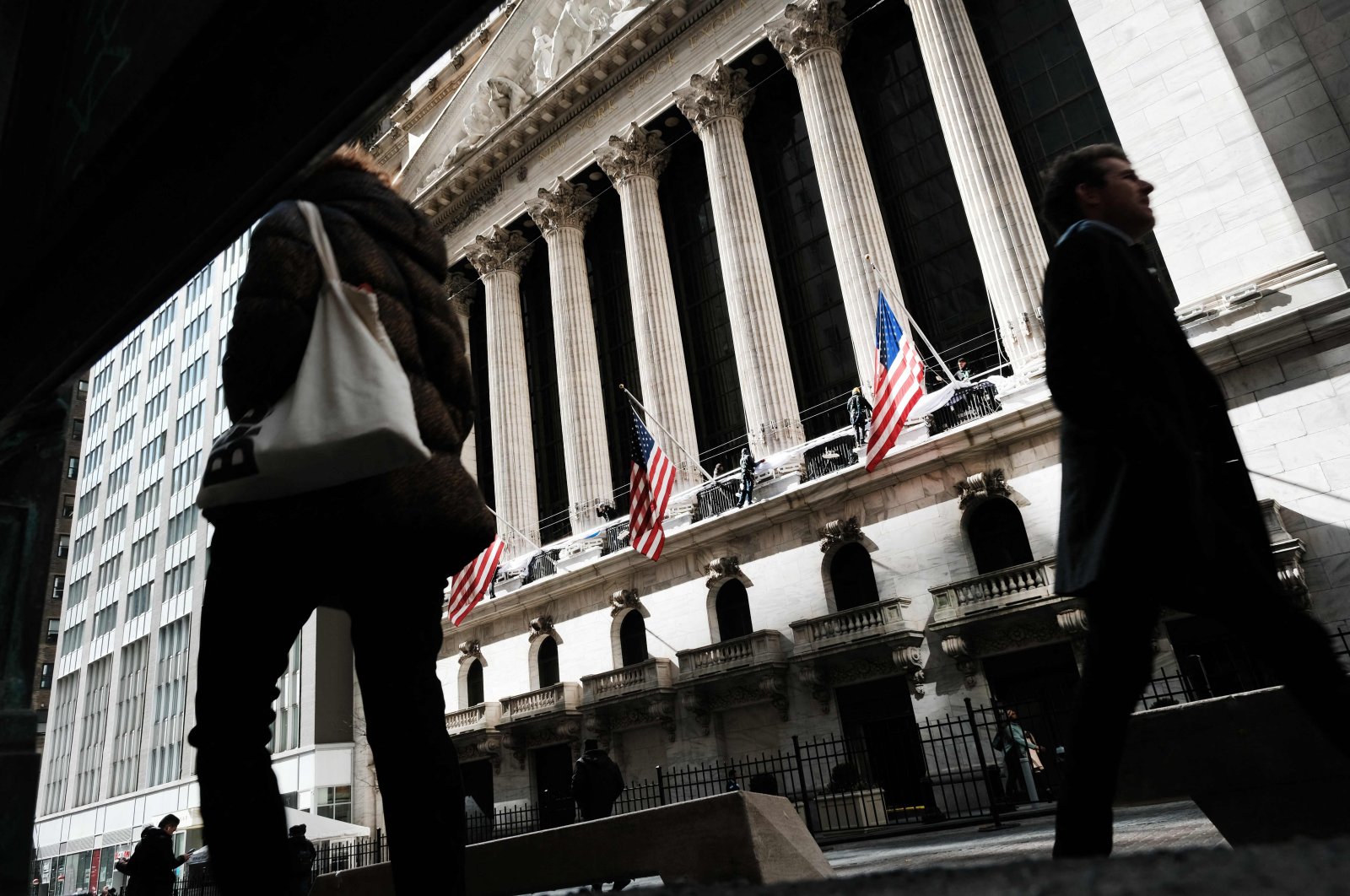
The U.S. may increase the pace of interest rate hikes if strong economic data persists, and could increase them higher than previously expected, Federal Reserve Chair Jerome Powell said on Tuesday.
An "unseasonably warm" January across much of the country was likely behind the robust employment, consumer spending, manufacturing and inflation figures, which pointed to a partial reversal of earlier softening trends, Powell told the Senate Banking Committee.
"If the totality of the data were to indicate that faster tightening is warranted, we would be prepared to increase the pace of rate hikes," he said.
The U.S. central bank has already raised its benchmark lending rate eight times since early last year, as it contends with inflation that remains stubbornly above its long-term target of 2%.
The Fed raised rates last month by a quarter percentage point to between 4.5 and 4.75%, its highest level since the global financial crisis.
U.S. stocks fell following Powell's remarks, with the S&P 500 index down around one percent just after midday local time.
Stocks spent much of February in the red as Treasury yields climbed amid worries of more aggressive Fed actions to counter inflation.
The dollar strengthened sharply against the euro and other major currencies following Powell's comments.
Chance of a bigger hike
Powell's comments raise the likelihood of the Fed raising rates by 50 percentage points at its next meeting on March 21-22, Evercore ISI economists Krishna Guha and Peter Williams wrote in a note to investors.
"We must accept that this option appears to be somewhat more live than we had previously believed," they said while suggesting a quarter percentage point hike was still the more likely option.
Markets are now roughly evenly split on the chances of a larger half-percentage point hike, according to Joe Manimbo, a senior market analyst at Convera.
Despite its forceful moves, the Fed's favored inflation measure, personal consumption expenditure, rose slightly to reach an annual rate of 5.4% in January.
Core PCE inflation, which excludes volatile energy and food prices, also rose to an annual 4.7%.
At the same time, the labor market remains "extremely tight," with close to two jobs available for every unemployed person in December, Powell said.
U.S. job creation surged in January, with employers creating more than half a million new jobs and driving the unemployment rate to its lowest level since the 1960s.
A strong labor market supports incomes and, in turn, demand.
While wage growth has slowed somewhat, analysts believe this is not yet enough for the Fed.
Policymakers have been concerned that elevated wages could feed into inflation, complicating the battle to rein in prices.
"To restore price stability, we will need to see lower inflation in this sector, and there will very likely be some softening in labor market conditions," Powell said.
Debt ceiling pressure
At Tuesday's hearing, Powell also faced questions about ongoing negotiations between the Biden administration and Republicans in Congress over raising the debt ceiling.
"Whatever else may happen, Congress really needs to raise the debt ceiling," Powell said, adding to calls for the two sides to come to an agreement.
The United States hit its $31.4 trillion borrowing cap in January, kicking off frantic talks between Congress and the White House to raise the limit and allow the U.S. to meet pre-existing spending commitments.
Republicans in Congress have asked for spending cuts in exchange for their support, while the Biden administration has said it wants to separate any talks over the upcoming budget from the debt limit vote.
The nonpartisan Congressional Budget Office warned last month that the country risks defaulting on its debt as early as July if an agreement is not reached.
Powell's appearance comes shortly after the U.S. central bank released a semiannual report on monetary policy, which pointed to the tight labor market, robust job gains, historically low unemployment and elevated nominal wage growth.
"The process of getting inflation back down to two percent has a long way to go and is likely to be bumpy," Powell said.
"We will stay the course until the job is done."
While some sectors like housing have slumped since the Fed's aggressive campaign against inflation, other areas remain stickier.
